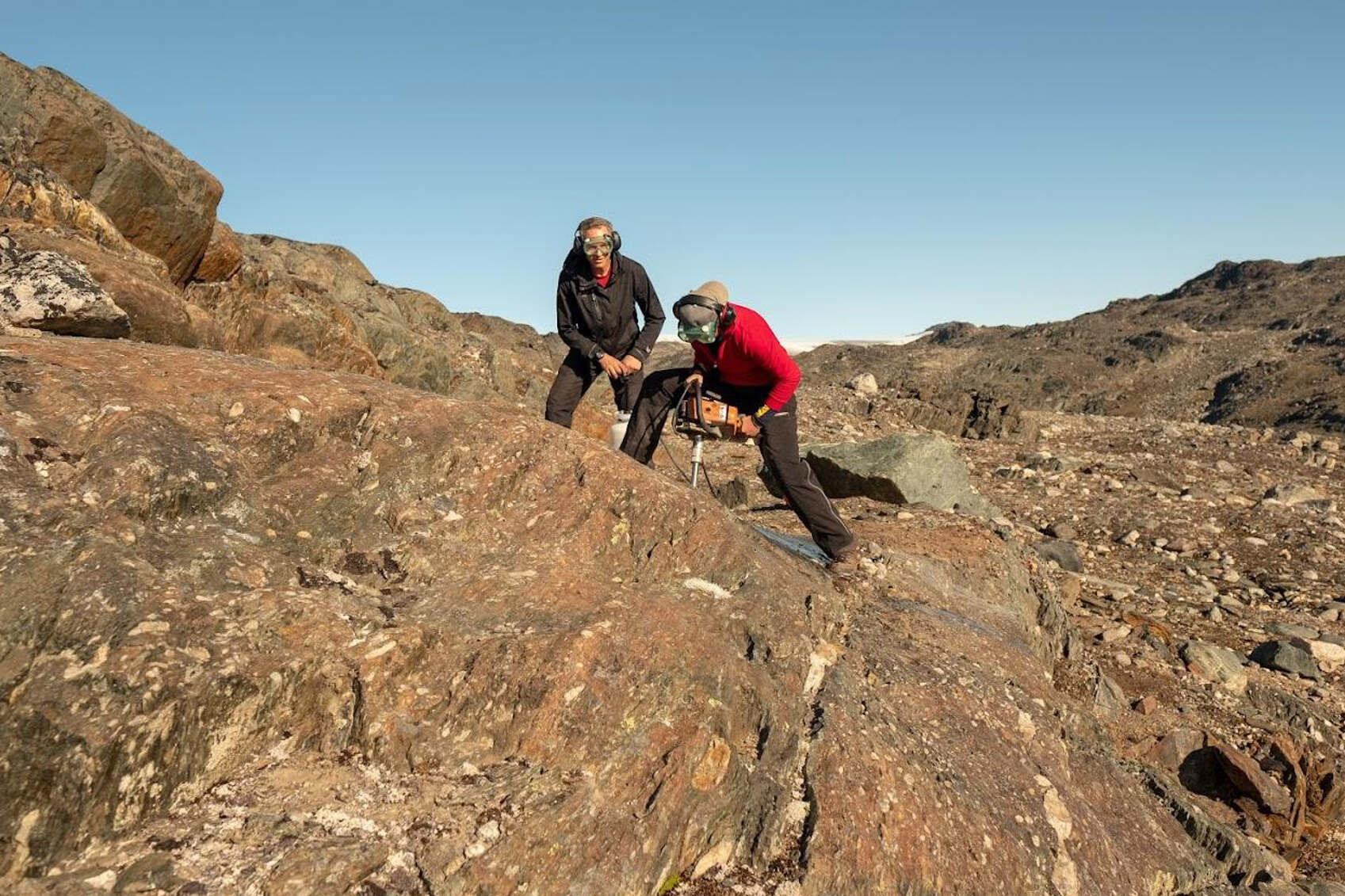
Geology is the study of Earth, its materials, and the processes that shape it. Ever wondered how mountains form or why volcanoes erupt? Geology holds the answers. This science helps us understand natural disasters, find resources like oil and minerals, and even learn about past climates. Geologists use tools like rock samples, satellite images, and computer models to uncover Earth's secrets. From the tallest peaks to the deepest ocean trenches, geology covers it all. Whether you're curious about fossils, earthquakes, or the age of our planet, these 30 facts will rock your world. Ready to dig in? Let's get started!
What is Geology?
Geology is the scientific study of Earth, its materials, and the processes that shape it. This field helps us understand the planet's history and predict future changes. Here are some fascinating facts about geology.
-
Geology comes from the Greek words "geo" (Earth) and "logos" (study).
-
Earth's Layers: Earth has three main layers: the crust, mantle, and core.
-
Plate Tectonics: Earth's crust is divided into plates that move, causing earthquakes and volcanic activity.
-
Rock Types: There are three main types of rocks: igneous, sedimentary, and metamorphic.
-
Fossils: Fossils are the preserved remains of ancient organisms, providing clues about past life.
Earth's Dynamic Processes
Earth is constantly changing due to various geological processes. These processes shape landscapes and influence life on the planet.
-
Erosion: Wind, water, and ice wear away rocks and soil, reshaping the land.
-
Volcanism: Volcanoes form when molten rock (magma) erupts through Earth's surface.
-
Earthquakes: Sudden movements of Earth's plates cause earthquakes, releasing energy.
-
Mountain Building: Mountains form when tectonic plates collide and push the crust upward.
-
Weathering: Rocks break down into smaller pieces through physical and chemical weathering.
Geological Time Scale
Geologists use the geological time scale to understand Earth's history, dividing it into eons, eras, periods, and epochs.
-
Precambrian: The longest eon, covering about 88% of Earth's history.
-
Paleozoic Era: Known for the explosion of life, including the first fish and land plants.
-
Mesozoic Era: The age of dinosaurs, lasting about 180 million years.
-
Cenozoic Era: The current era, starting 66 million years ago, known as the age of mammals.
-
Holocene Epoch: The current epoch, beginning around 11,700 years ago.
Minerals and Gems
Minerals are naturally occurring substances with a definite chemical composition. Some minerals form beautiful gems.
-
Quartz: One of the most common minerals on Earth, found in many types of rocks.
-
Diamond: The hardest natural substance, formed under high pressure and temperature.
-
Gold: A precious metal often found in quartz veins and alluvial deposits.
-
Emerald: A green gemstone, a variety of the mineral beryl.
-
Amethyst: A purple variety of quartz, used in jewelry.
Geological Phenomena
Geological phenomena are natural events that result from Earth's dynamic processes. These events can be both fascinating and destructive.
-
Tsunamis: Large ocean waves caused by underwater earthquakes or volcanic eruptions.
-
Landslides: The movement of rock and soil down a slope due to gravity.
-
Sinkholes: Depressions or holes in the ground caused by the collapse of a surface layer.
-
Geysers: Hot springs that periodically erupt with water and steam.
-
Glaciers: Massive, slow-moving ice formations that shape landscapes through erosion.
Human Impact on Geology
Human activities significantly impact geological processes and the environment. Understanding these impacts helps us manage resources and mitigate hazards.
-
Mining: Extracting minerals and metals from the Earth, often causing environmental damage.
-
Deforestation: Removing trees, leading to increased erosion and loss of soil fertility.
-
Urbanization: Building cities and infrastructure, altering natural landscapes.
-
Climate Change: Human activities, such as burning fossil fuels, contribute to global warming and affect geological processes.
-
Conservation: Efforts to protect natural resources and reduce human impact on the environment.
The Wonders Beneath Our Feet
Geology isn't just about rocks; it's a window into Earth's history. From volcanoes to fossils, each layer tells a story. Understanding plate tectonics helps us grasp how continents drift and mountains form. Minerals like quartz and feldspar are more than just pretty stones; they’re essential for technology and industry. Earthquakes and tsunamis remind us of the planet's power, while erosion and weathering shape landscapes over time. Fossil fuels like coal and oil, though controversial, have powered human progress. Geothermal energy offers a glimpse into sustainable alternatives. By studying geology, we gain insights into natural resources, environmental challenges, and the dynamic processes shaping our world. So next time you pick up a rock, remember, you're holding a piece of Earth's incredible journey.
Was this page helpful?
Our commitment to delivering trustworthy and engaging content is at the heart of what we do. Each fact on our site is contributed by real users like you, bringing a wealth of diverse insights and information. To ensure the highest standards of accuracy and reliability, our dedicated editors meticulously review each submission. This process guarantees that the facts we share are not only fascinating but also credible. Trust in our commitment to quality and authenticity as you explore and learn with us.


